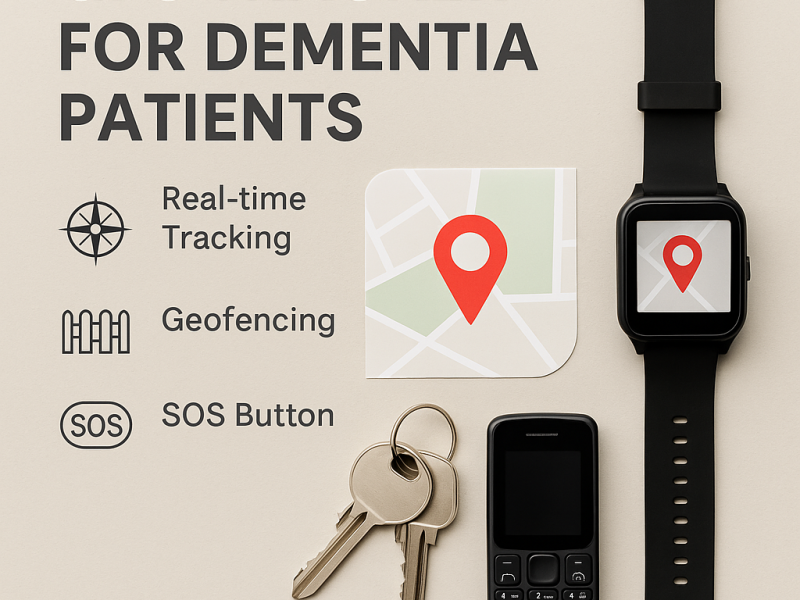The COVID-19 pandemic served as a transformative period for healthcare systems globally, spotlighting strengths and areas of improvement. With the world entering a phase of relative normality, it’s crucial to understand the implications of the pandemic on healthcare’s future trajectory and prepare for the challenges and opportunities that lie ahead.Below, we’ll explore how the pandemic ultimately changed the course of healthcare and medicine.
The Centrality of Data and Advanced Analytics
MIT’s analysis underscores the importance of data in driving healthcare decisions. The pandemic emphasized the need for real-time data analytics to track disease spread, understand patient needs, and allocate resources. Advanced analytics will likely play an integral role in future healthcare strategies, ensuring that care providers can preemptively address health concerns and optimize treatment approaches.
Operational Resilience is Key
Healthcare institutions were, at times, overwhelmed during the pandemic’s peaks. There’s a renewed emphasis on ensuring operational resilience, be it in terms of supply chain robustness, financial flexibility, or having a responsive workforce.
By leveraging a nimble operational model, healthcare providers can better weather unforeseen challenges and ensure continuity of care. This flexibility may also involve partnerships with agencies like physician recruiters or nurse recruitment agencies to maintain a steady influx of talent as needs shift.
Reimagining the Healthcare Model
As highlighted by McKinsey, the pandemic fundamentally challenged our perceptions of what efficient healthcare delivery looks like. For years, the traditional healthcare model leaned heavily on face-to-face interactions, placing immense value on the personal touch and immediate physical assessment that in-person consultations offered. Large, centralized hospital facilities became hubs of both primary and specialized care.
However, the pandemic-induced restrictions and the sheer magnitude of the health crisis prompted an urgent need to rethink this structure.
The Birth Of Telehealth
Telehealth, which was previously on the fringes of healthcare delivery, quickly became a frontline tool, allowing doctors to consult, diagnose, and even manage treatment for patients remotely. The shift wasn’t merely logistical but also cultural; both patients and practitioners had to adjust to this new mode of interaction, finding ways to build trust and ensure effective communication through digital screens.
McKinsey’s insights further illuminate the direction the healthcare industry is gravitating towards. Hybrid models of care delivery are emerging as the future norm. That doesn’t just mean integrating virtual visits but broadening the healthcare scope to include home-based care, where patients receive certain treatments or monitoring within the comfort of their homes.
Tackling Health Inequities Head-On
MIT’s insights underscore that the pandemic exacerbated existing health disparities. Communities already vulnerable due to socio-economic factors faced disproportionate impacts. The post-pandemic era offers an opportunity to address these inequities directly, ensuring that access to care is equitable, comprehensive, and truly universal.
Investing in Digital Capabilities
According to McKinsey, the acceleration of digitization will be a defining feature of post-pandemic healthcare. Beyond telehealth, there’s a growing emphasis on AI-driven diagnostics, digital therapeutics, and patient-centric digital platforms. Embracing these tools is not merely about enhancing efficiency but also about enriching the patient experience and providing tailored care solutions.
Reevaluating the Care Journey
The journey that patients take through the healthcare system, from initial consultation to post-care follow-up, is undergoing reevaluation. McKinsey’s perspective suggests that creating a more integrated, seamless care journey is paramount. That includes not only medical interventions but also support systems like mental health resources and post-care monitoring, ensuring patients feel supported at every stage.
The post-pandemic era is not a time to revert to old norms but rather to learn, adapt, and innovate. The healthcare sector, bolstered by technological advancements and a renewed focus on equity and resilience, is at the cusp of a revolutionary change. By harnessing the lessons from the pandemic and projecting them into future strategies, there’s potential for a more responsive, efficient, and compassionate healthcare system.
Also Read: Healthcare Staffing and Recruiting Trends for 2022


